Opinion
March-23-2023
- Politicizing COVID-19 origin-tracing misleading, harms fact-seeking efforts
- ?Riddled with continuous bad news such as unbearable high inflation and incessant bank failures, the United States again set off a frenzy of throwing mud at China by playing the COVID lab leak trick, which has been dismissed by many as a political conspiracy.
March-21-2023
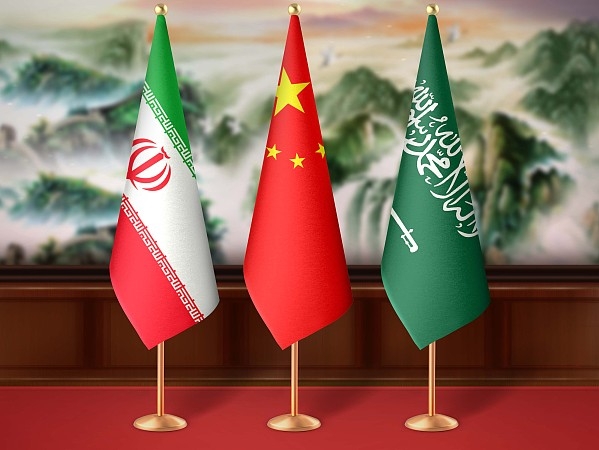
- China's détente in the Middle East aims to bring peace
- Rivalry or competition for geopolitical influence between Iran and Saudi Arabia has been a defining feature of regional tensions for decades – China looks to change that.
March-17-2023
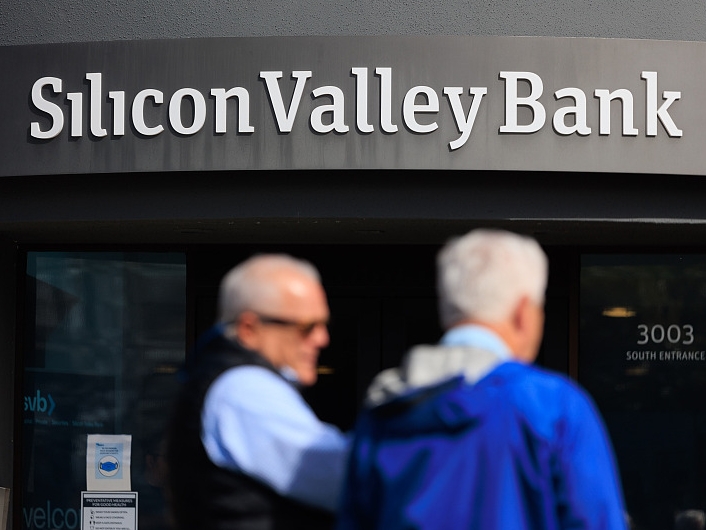
- America and two distinct failures of industry
- The collapse of Silicon Valley Bank and the derailment of the Norfolk Southern train carrying toxic chemicals in Ohio reveal holes in the American regulatory system that is failing to protect ordinary citizens.
March-19-2023
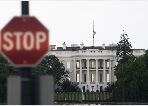
- Why Washington does not support ceasefire in Ukraine
- No matter what the United States will do to defend its position, the international community can now easily see that Washington does not want to see an end to the conflict it has done so much to foster and escalate all along.
March-13-2023
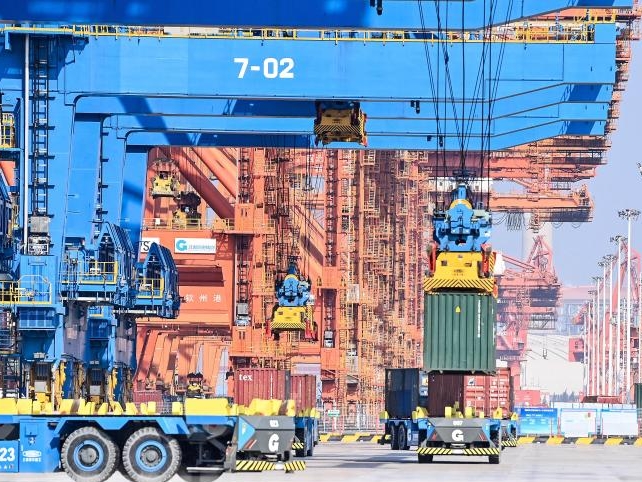
- ?What China's policy commitments mean for the world
- China's growth has long fueled the prosperity of many countries through trade, investment, and policy support, rendering the recent decisions and policies made during this year's NPC session particularly significant.
March-10-2023
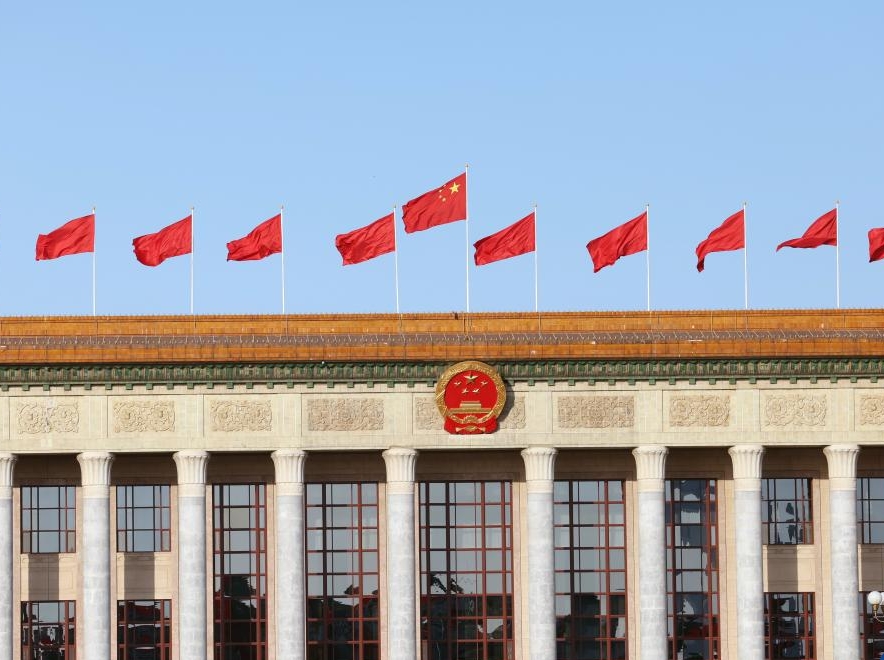
- China's foreign policy in the new era
- ?China faces a myriad of new challenges in navigating a changing world, wherein certain countries seek to actively suppress its rise, but multilateralism and building positive relationships with like-minded countries remain its priorities.
March-10-2023

- How a massive train incident shook a sleepy American town
- Many questions remain as to who and what is responsible for the derailment of a freight train carrying hundreds of tons of toxic chemicals in Ohio last month.
February-22-2023

- ?The UK's economic prospects continue to dwindle
- Faced with shrinking incomes and crippling levels of inflation, the U.K.'s grim economic prospects have also led to a tidal wave of discontent that has manifested in numerous strikes across its public sectors.
February-21-2023

- China-Cambodia ties: Endurance and success in the new era
- The Cambodia-China view of a shared future is a recipe to bolster traditional ties while catering to the continued progress and integration of the region.
February-8-2023
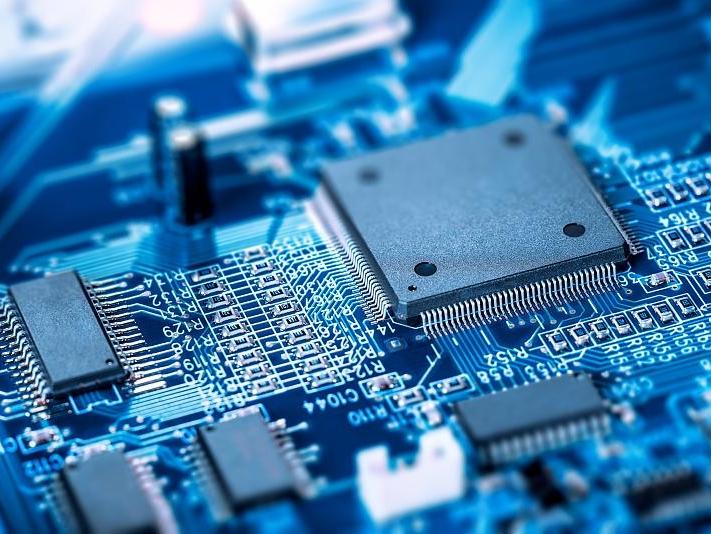
- US tech decoupling poses risks to allies
- The Chinese market is crucial for many of the world's economies. But as the U.S. pursues a burgeoning technology war against China, it also risks harming its allies in the process.


